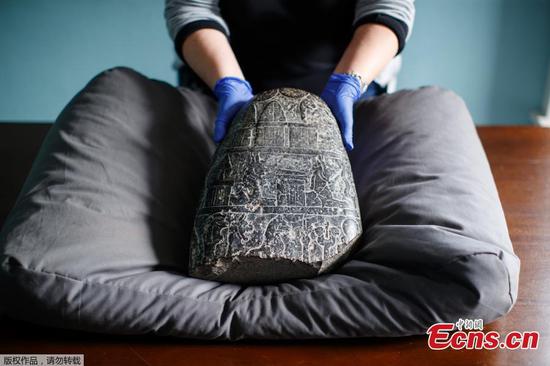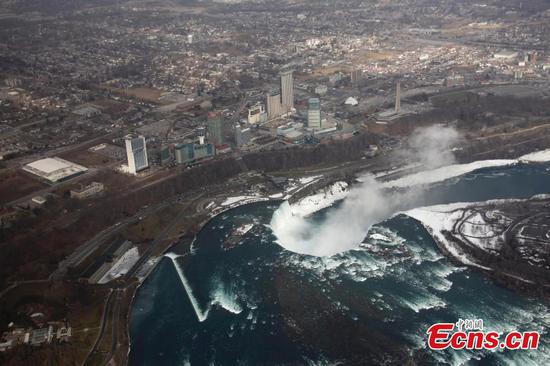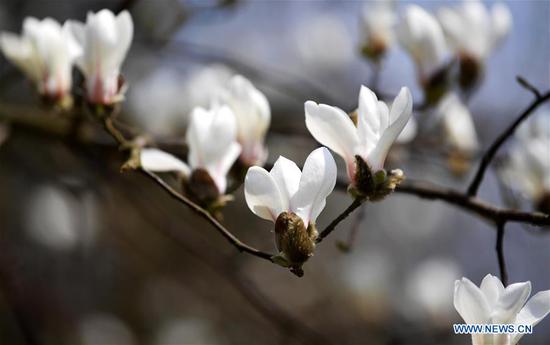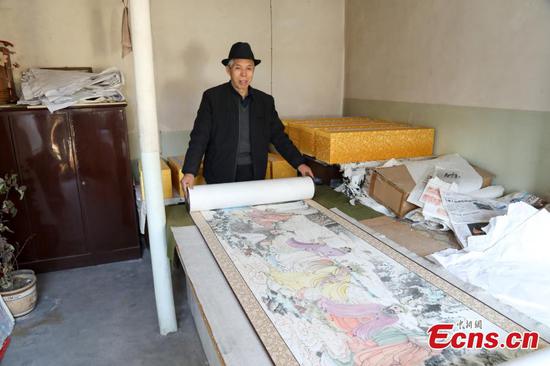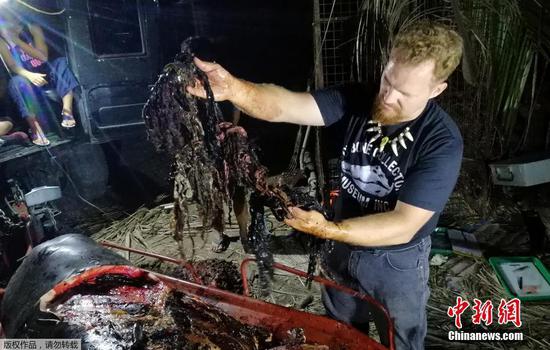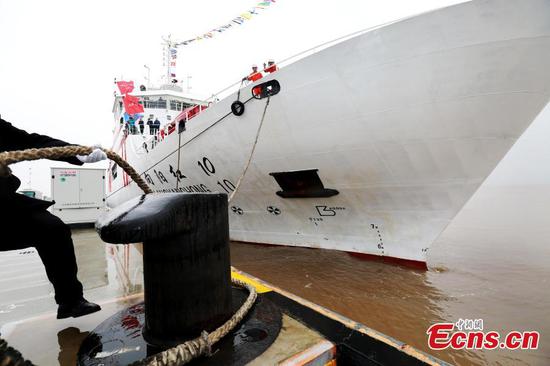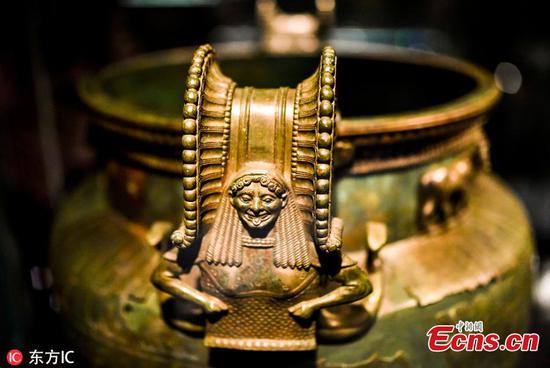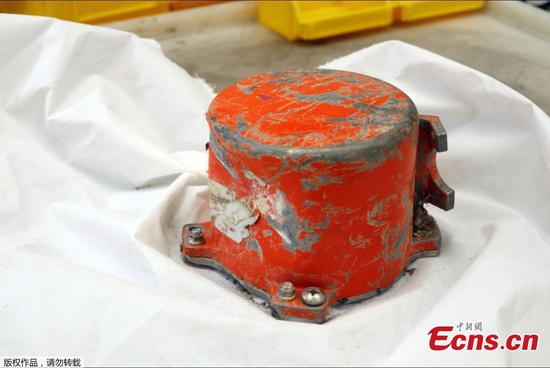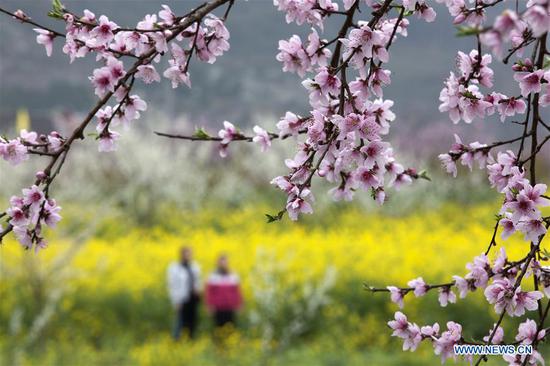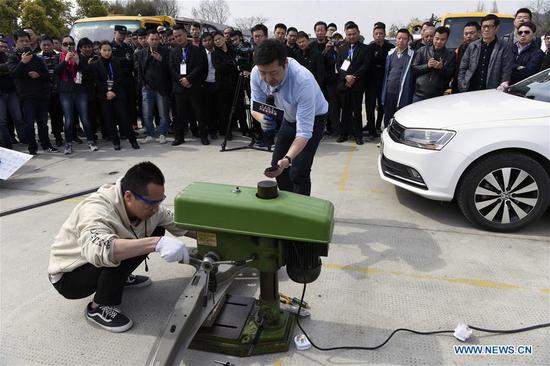China's top court said it plans to help build a national fund for environmental restoration with other authorities this year to fight pollution and implement suggestions from top legislative and political advisers.
As punishments against polluters have increased in recent years, the Supreme People's Court has also received advice from deputies to the National People's Congress on building the fund, according to Wang Xuguang, chief judge of the top court's environmental division.
"The advice called for us to ensure that the money confiscated in pollution-related cases is used for environmental restoration," Wang said, adding that the top court accepted the suggestion and decided to implement it as a priority this year.
He said the top court would speed up coordination with other government departments, such as those concerned with finance and environmental protection - together with prosecuting authorities - to establish the fund this year.
"But we need to work with the departments to clarify who is qualified to use the fund, how to use it and who should monitor its use," he said, adding that such a big national project demands more research.
One of the deputies who proposed the fund, Guo Jun from Fujian province, visited the top court recently to express her satisfaction with the court's determination to push ahead with the fund.
"Courts are responsible for handing down verdicts, or ordering defendants to pay money to repair the polluted environment, but they are not good at restoration," said Guo, who is also a water pollution prevention specialist.
"If the compensation for restoration is large, it must be used by professionals in accordance with a plan," she said. "Also, a court doesn't know, for example, what trees should be planted or how to plant in a polluted area."
Therefore, building a fund and regulating its use is necessary, as it can make better use of the money and help alleviate pollution, she said.
In recent years, heeding suggestions from political advisers, the top court has levied heavier punishments against officials who ignored pollution or abused power in matters of environmental protection.
Lyu Zhongmei, who has given advice as a member of the National Committee of the Chinese People's Political Consultative Conference, welcomed the progress made by the top court and said she hoped courts nationwide will pay more efforts to protect the ecology along the Yangtze River.
Wang, the chief environmental judge, said the court would work with the NPC Standing Committee, the top legislature, to draft a law on the Yangtze region's environmental protection this year.
Last year, Chinese courts filed 26,481 criminal environmental cases, up 16.5 percent year-on-year, the top court said, adding that disputes over illegal mining also increased rapidly.










